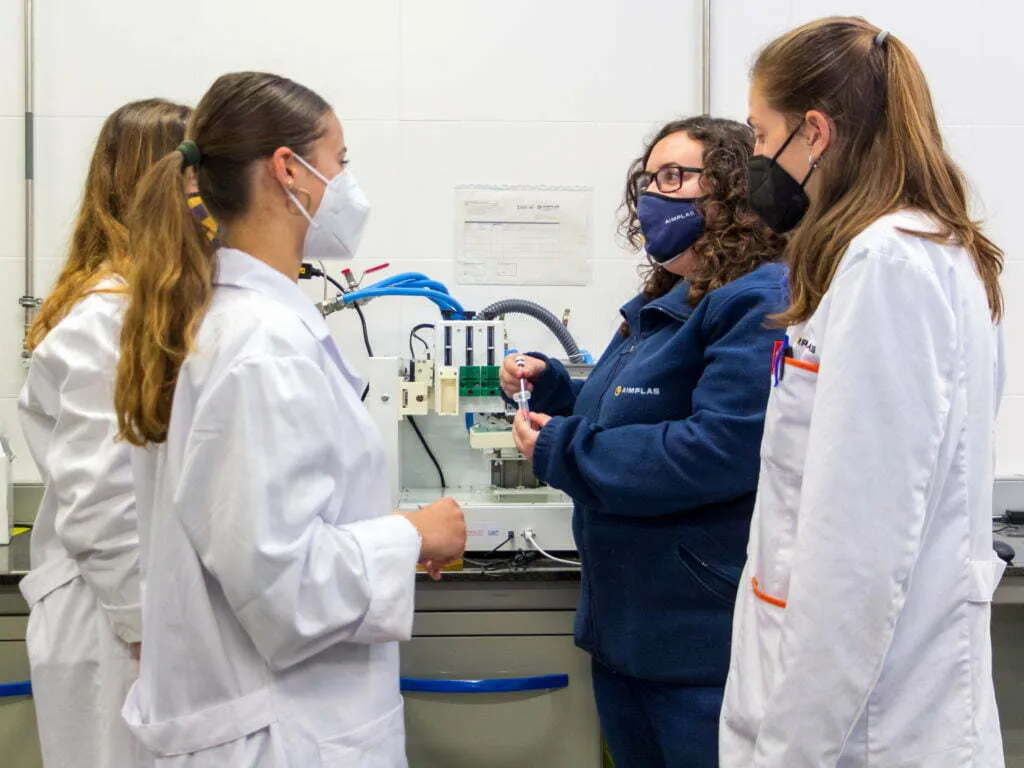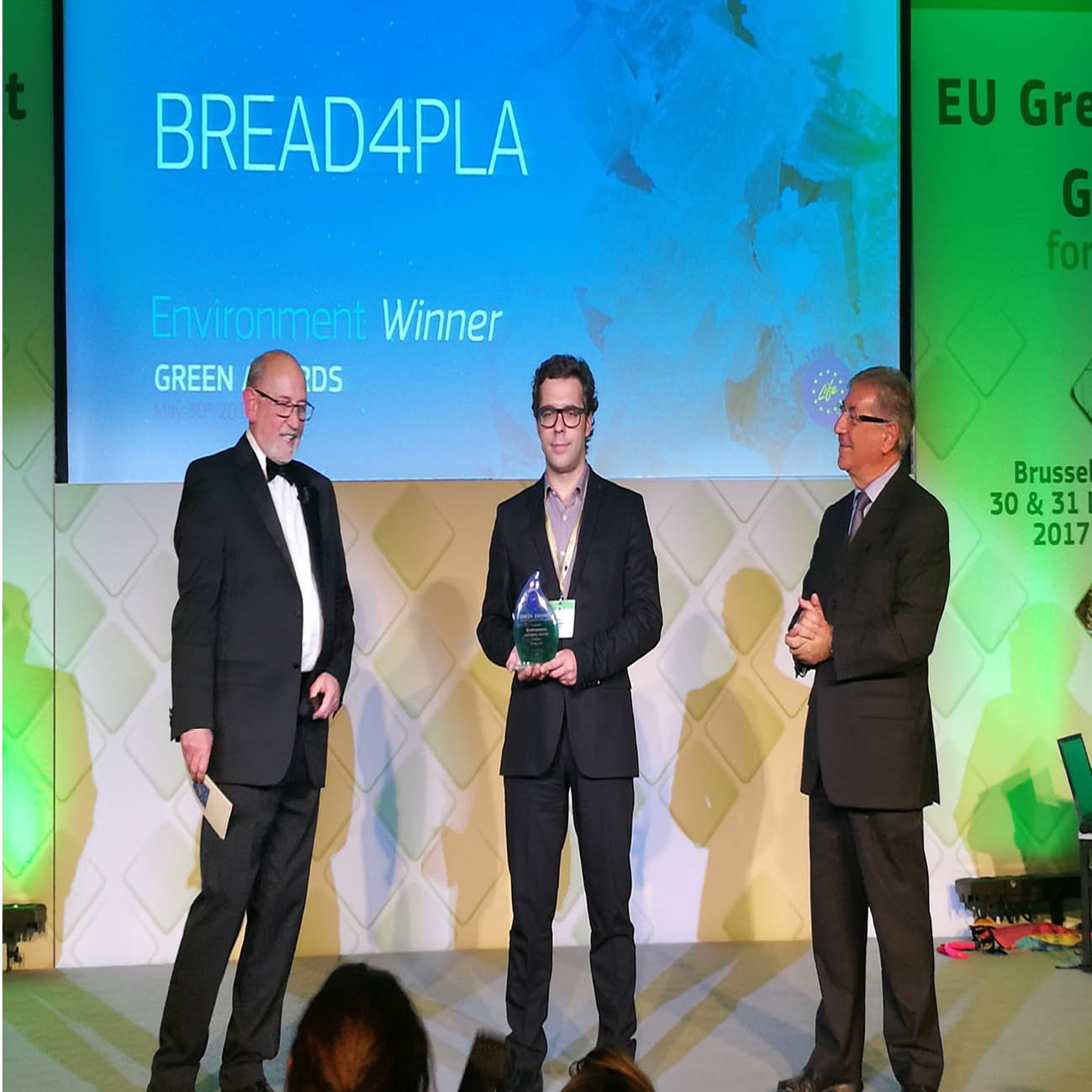Training projects to introduce 3D printing in hospitals, develop new materials and meet environmental and construction challenges

AIMPLAS is taking part in different projects cofunded by the European Union’s Erasmus+ Programme, as well as a European project funded by the H2020 Marie Sklodowska-Curie Programme. All the projects share the goal of promoting the use of plastic materials and technologies in sectors where they can add value, such as health, the environment and construction.
The ALADDIN project
This is the case of ALADDIN, a project coordinated by AIMPLAS whose main goal is to promote the use of additive manufacturing (3D printing) in hospitals, where it has many advantages for the healthcare industry, such as customization and production speed. One of the main barriers to the use of plastics in this area is the lack of training, which is why the project provides for the creation of specific training syllabi for two different profiles: hospital staff members and Engineering students interested in pursuing a career in the healthcare industry.
In addition to AIMPLAS, five other partners are participating in the project: the Innovation Platform in Medical and Healthcare Technologies (ITEMAS) in Spain, the Belgian incubator Jobs@Skills, the Advanced Manufacturing Research Centre (AMRC) in England, the Translational Medical Device Lab and Health Innovation Hub Ireland (HIHI) of the University of Galway (Ireland), and the Belgian association the European Hospital and Healthcare Federation (HOPE).
The ADIUVA project
The ADIUVA Project is coordinated by the Università degli studi di Genova and includes other partners, namely, the Universitat Politècnica de València and the University of Aberdeen, along with AIMPLAS, Pale Blue Dot Energy and Taverna del Vara. The project’s mission is to address environmental challenges by providing training to teachers and students about the degradation and recycling of plastic materials. One of the key ways of ensuring that results are transferred to industry is by including participants from a number of different disciplines. In addition, an open, cooperative digital platform (ADIUV-E) will be used to publish the results.
The project has two phases. The first focuses on students acquiring technical knowledge and soft skills, and the second involves preparing an independent case study project, the results of which will be shared on the digital platform.
The TAB4BUILDING project
The TAB4BUILDING Project aims to offer training to architects, engineers and builders on the use of composites in the construction industry, given that training has been found to be lacking on the use of these materials, despite the many advantages they offer in terms of strength, durability and cost.
Coordinated by the Silesian University of Technology (SUT) in Poland, the project has four other partners besides AIMPLAS: the Valencian Federation of Construction Employers (FEVEC), 3s Research Laboratory in Austria, the construction area of the Slovenian Chamber of Commerce (Gospodarska Zbornica Slovenije), and the Greek construction employers’ association Panhellenic Association of Engineers Contractors of Public Works (PEDMEDE). In addition, the European Construction Industry Federation (FIEC) is collaborating on the project by providing other European construction industry federations with information on this training.
The result of the project will be a single, 24-month training programme for both professional profiles that will combine face-to-face and online classes.
The STIBNITE project
AIMPLAS is also participating in another project that focuses on training. STIBNITE is a training and research programme funded by the European H2020 Marie Sklodowska-Curie Programme that combines methods and techniques from chemistry with approaches imported from engineering and physics with the aim of developing advanced organic semiconductors.

